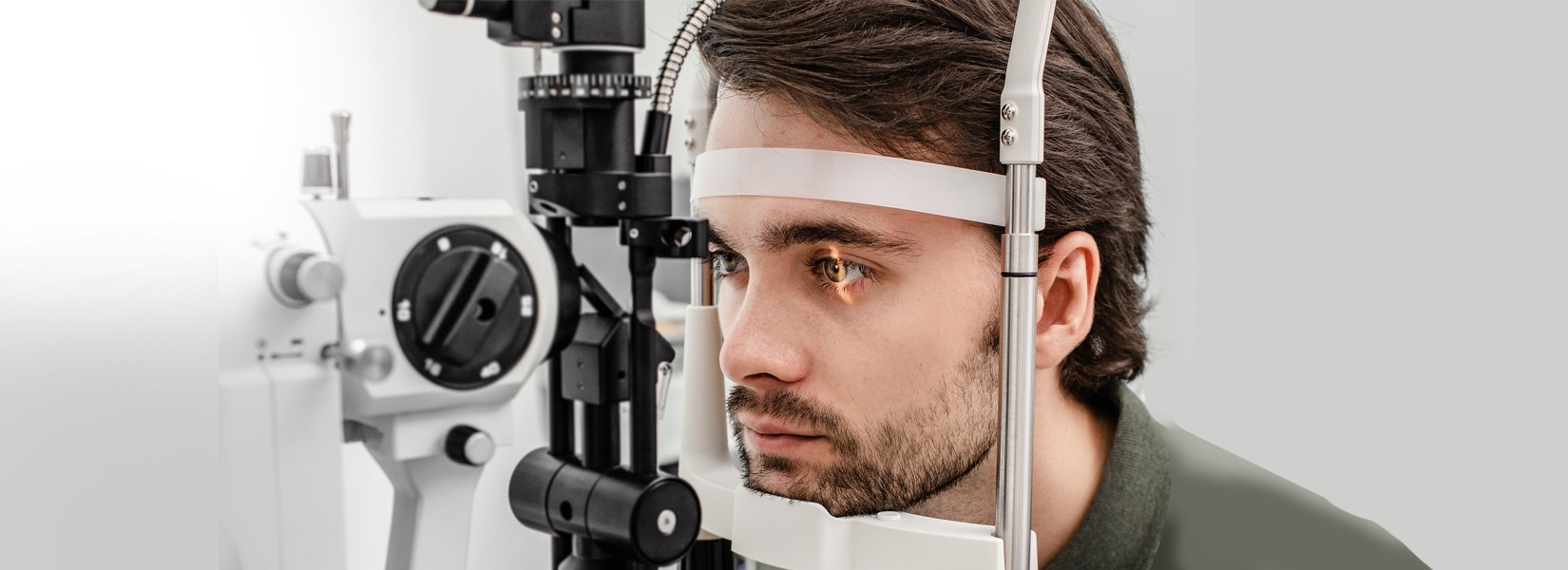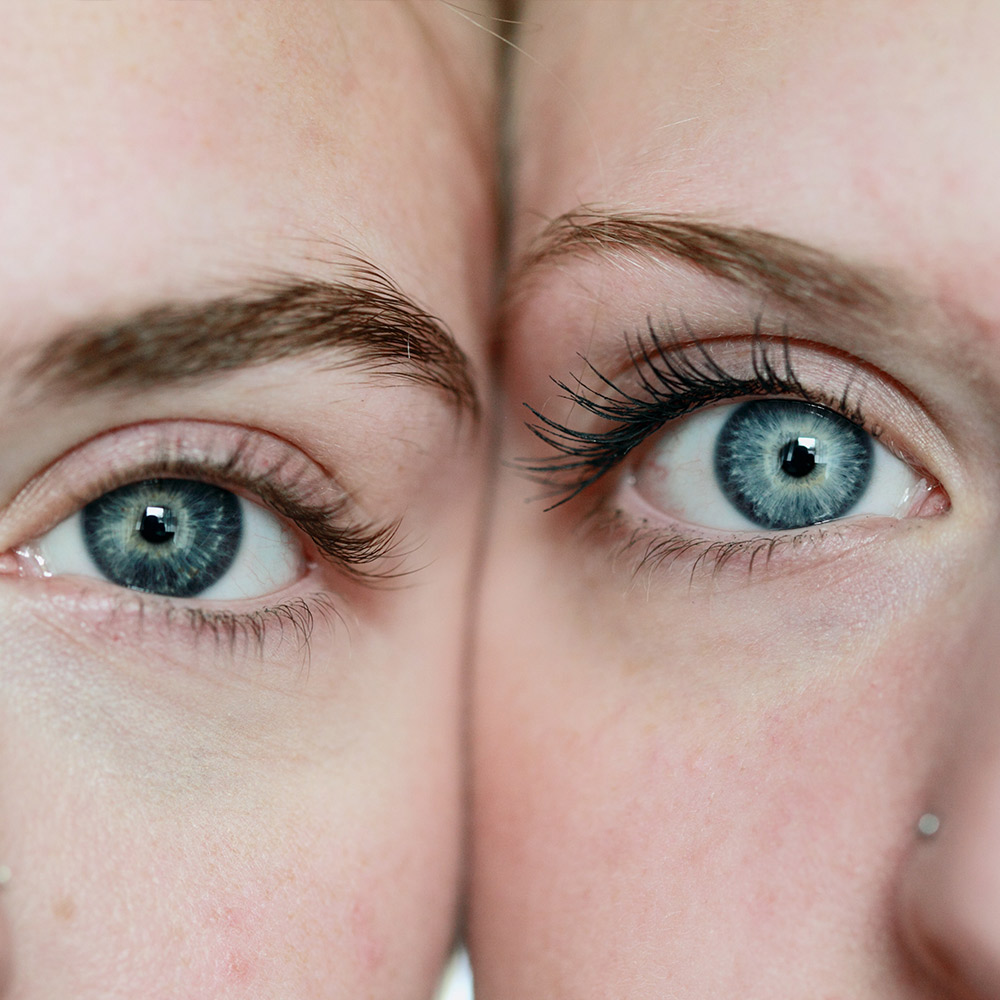
Discover the Freedom and Convenience of Contact Lenses
- Need bifocal or multifocal contacts?
- Rigid gas permeable or soft lenses?
- Disposables, dailies or colored contacts?
Contact lenses give wearers a full field of focused vision no matter where you look. Because they move with your eyes, contacts help allow you to track action with sharp and clear peripheral vision. Moreover, if you lead an active lifestyle, contacts provide more freedom and flexibility to enjoy your favorite sports.
A contact lens exam will help us determine the perfect contact lens fit for your eyes and lifestyle!

Experience a New Perspective With Contact Lenses!
What to Expect From Your Contact Lens Exam
-
Regular eye exam
During your comprehensive eye exam your optometrist will check that your eyes are healthy and will test your vision to determine your contact lens prescription.
-
Contact lens consultation
During your contact lens exam your optometrist will check for dry eye symptoms and consult with you to determine what type of contact lenses are the best fit for your lifestyle and vision needs.
-
Contact lens fitting
For ideal vision correction and comfort, contact lenses must fit well. Your optometrist will examine the size and shape of your cornea and pupil to ensure the right fit.
-
Contact lens trial and follow-up
Your optometrist will insert trial lenses and ask you to keep them on for 15-20 minutes to be sure the fit is comfortable and vision is clear. After a few days, you'll come in for a follow-up evaluation.
Where Can I Get a Contact Lens Exam?
The right contact lenses, carefully fitted and prescribed by your optometrist, can provide many benefits and prevent discomfort and eye disease.
Once you have determined the right contact lens, you can start enjoying the benefits and freedom of daily or regular contact lens wear.
We offer contact lens exams at our eye clinic and will help determine the best contact lenses for your needs and eye shape. Simply schedule your appointment by contacting Best Eyecare Associates in Thornton today.

Contact Lens Exams in Thornton

Meet our Eye Doctor

- Monday 8:30 am - 5:30 pm
- Tuesday 7:30 am - 5:30 pm
- Wednesday 8:30 am - 5:30 pm
- Thursday 7:30 am - 5:30 pm
- Friday 8:30 am - 2:00 pm
- Saturday Closed
- Sunday Closed
- VSP
- Medicare
- United Healthcare
- Aetna
- Blue Cross Blue Shield
- Cigna
- Tricare
- EyeMed
Contact Lens Exams FAQs
Usually, yes. While some types of contact lenses can aggravate symptoms of dry eye syndrome, such as eye dryness, redness and irritation, other contacts are perfectly suitable for dry eyes. Speak with an eye doctor near you regarding your dry eye symptoms, and they'll prescribe the perfect contact lenses for ultimate comfort.
It's a case-by-case basis. Typically, eye doctors don’t prescribe contacts to children under the age of 11 or 12, though there are exceptions. Wearing contact lenses requires responsible care, including cleaning and disinfecting routines. Most teenagers can handle contact lens care if they’re motivated to wear contacts.
Yes! Even if you’re just using contacts to change the color of your eyes, you still need an eye exam and a prescription. Contact lenses are a medical device and require fitting by an eye doctor.

